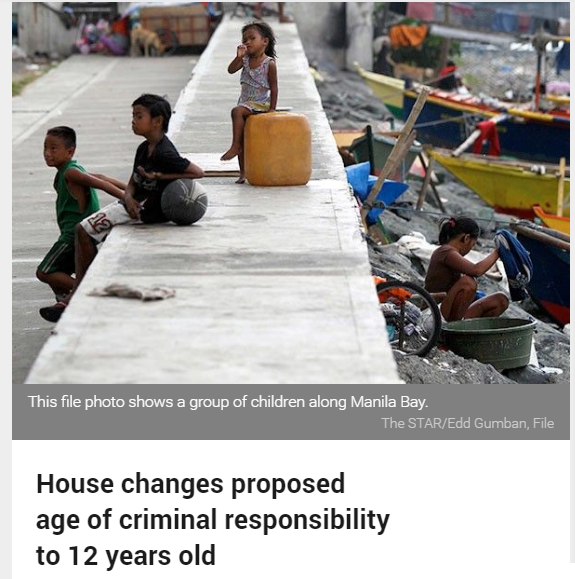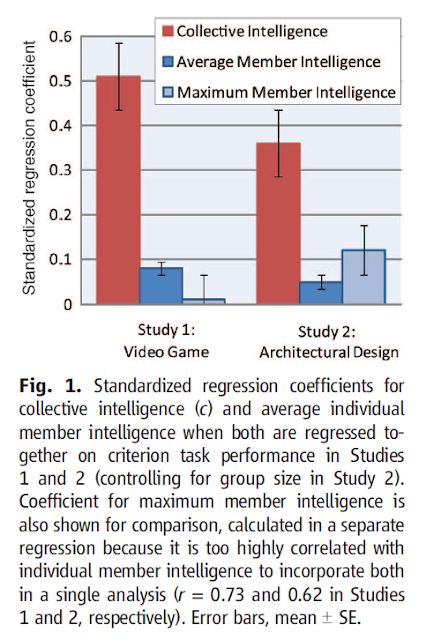Manila Bay: A Lesson Worth Repeating

In a previous post, Do Not Use the Word "Trash": A Lesson On Water Pollution , I wrote, "While it is straightforward to see why floating trash in our rivers is bad, it requires much more to appreciate how nitrates and phosphates from the fertilizers we use can have a significant impact on water quality. It is not as obvious as throwing a plastic bag into a river, but the effects can be as devastating with pollutants that we cannot see." I should add that we also need to worry about bacterial coliform that come from both human and animal waste. Picking up solid waste from a body of water is easy, removing invisible water pollutants which can be more harmful than the visible ones requires much more time and effort. Social media have been flooded with pictures from Manila Bay showing how people working together have miraculously transformed its trash-filled shore into something less obnoxious to the eye. Above copied from Philippines Department of Tourism video ...









